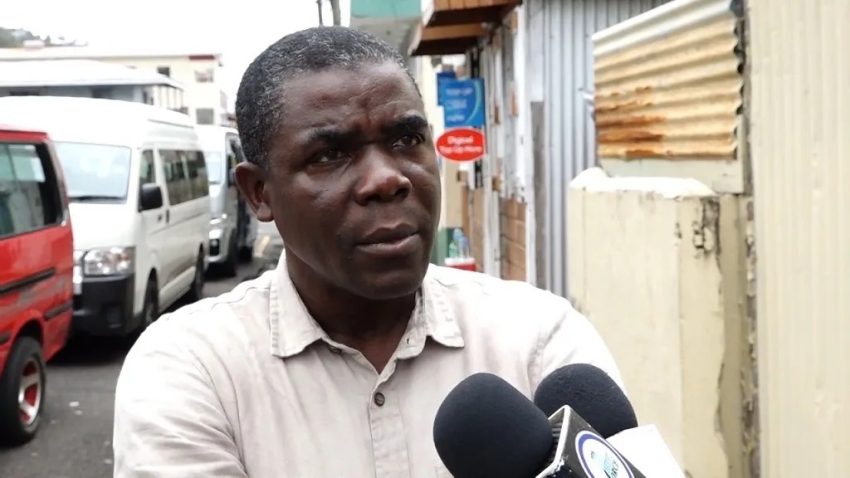In a candid interview, Ferdinand emphasised both his personal stance and the official position of the NCOPT, stating that while drivers must take personal responsibility, the state has a critical role to play in enforcing safer driving practices.
“The authorities need to implement breathalysers, speed guns, and the merit point system. There must be some form of deterrent coming from the authorities,” Ferdinand said.
Ferdinand argued that implementing these tools would create an environment where reckless driving carries real consequences, potentially reducing the number of accidents. He noted that the absence of such measures allows dangerous behaviour to go unchecked.
“If you’re in an accident today, tomorrow you’re back on the road. There’s no suspension of license, no real consequence,” he said. “People know that, so they just do whatever they want.”
Speaking on behalf of the NCOPT, Ferdinand reaffirmed the Council’s longstanding advocacy for accountability mechanisms such as the demerit point system and random alcohol testing.
“These measures have been proven around the world. I don’t understand why it’s taking so long here when we are losing our young people on the road.”
Ferdinand expressed concern over the high rate of paralysis and other life-altering injuries resulting from traffic accidents. He called for data on non-fatal injuries, including cases of paralysis, and urged a deeper analysis of accident trends across vehicle types.
“The number of persons paralysed due to road accidents is alarming,” he noted. “We need to see the data comparing private vehicle crashes to those involving minibuses and taxis. Often, all eyes are on public transport, but many daily accidents involve private cars.”
He also pointed to factors such as poor signage, mechanical failures, and deteriorating road conditions as contributors to Saint Lucia’s road safety crisis, but stressed that driver behaviour remains the biggest issue.


